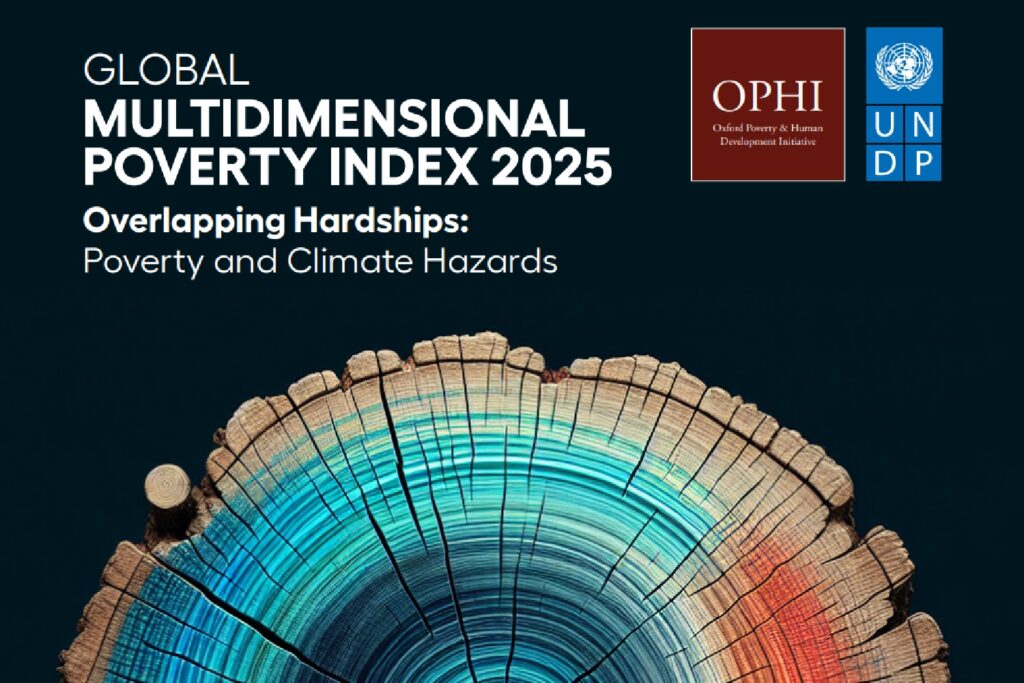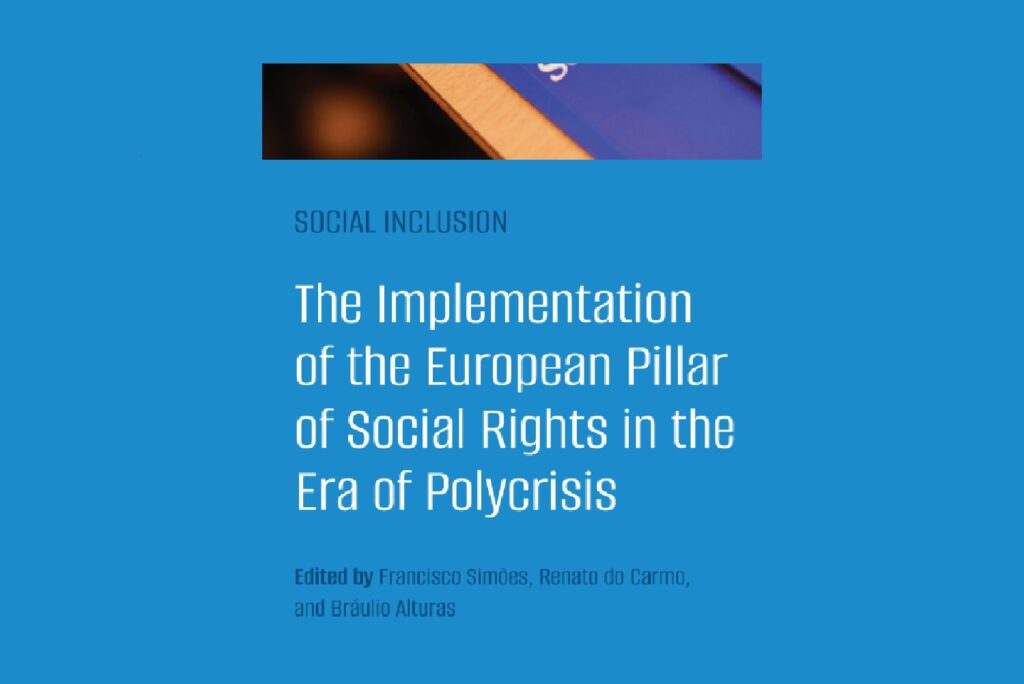Cross Currents Conversation Series
The Cross Current series explores the dynamics, disruptions, and discoveries shaping our world. Experts from diverse disciplines engage in cross-sector conversations to deepen understanding of the interconnected risks driving today’s polycrisis.
Cross Currents Conversation Series Read More »










